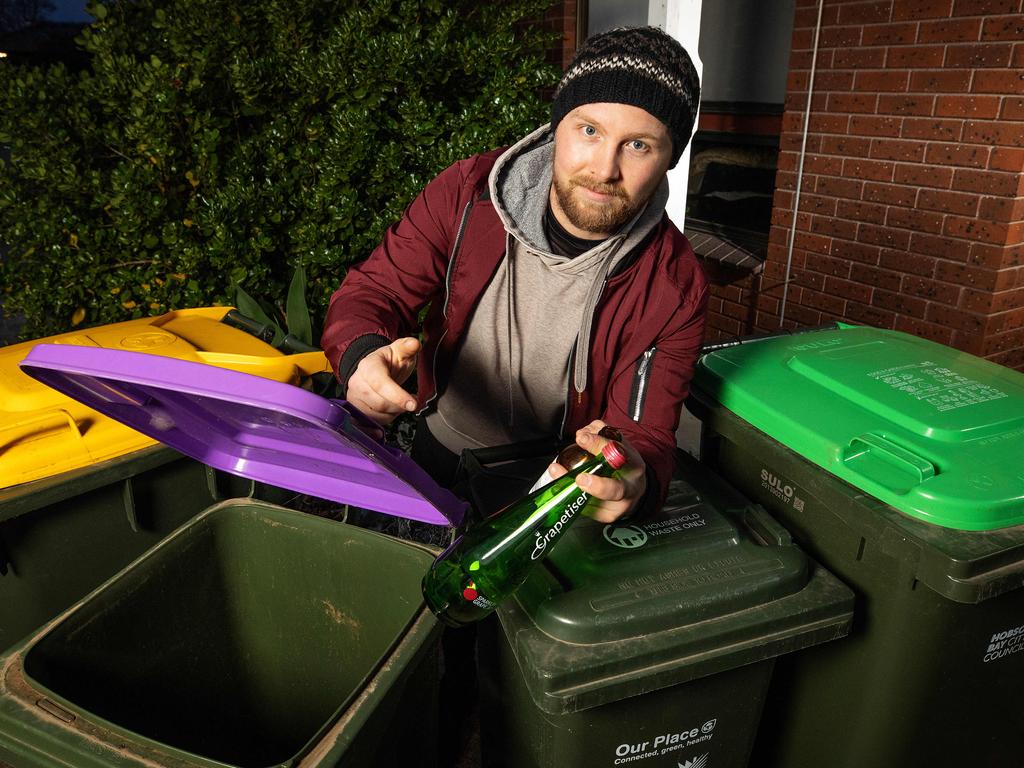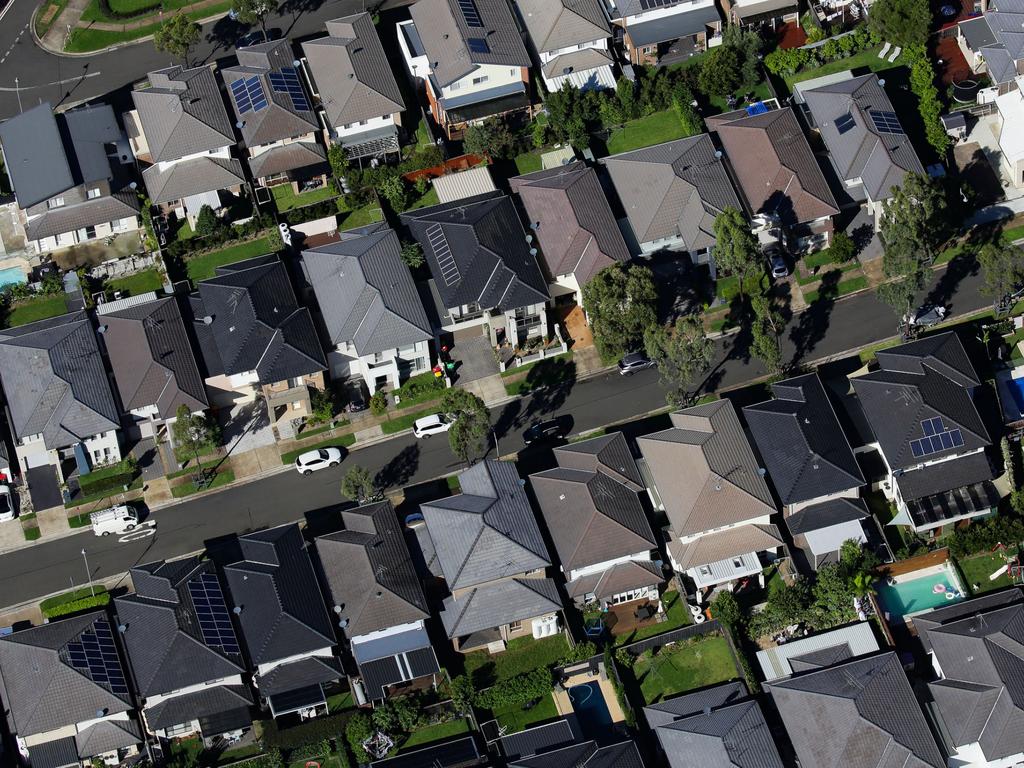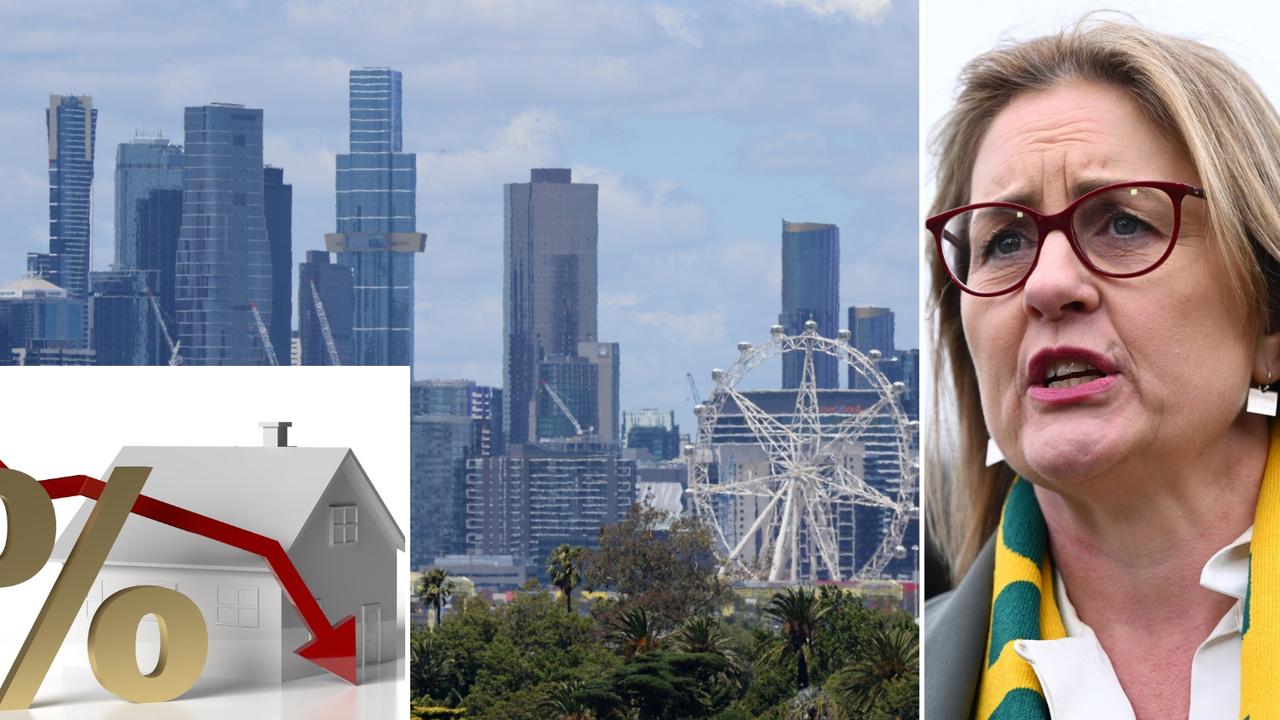Ratepayers could be slugged more as councils face financial uncertainty
Ratepayers will need to be stung with higher levies by councils or have their services slashed as a growing number of local governments face financial woes, a worrying new report reveals.

Victoria
Don't miss out on the headlines from Victoria. Followed categories will be added to My News.
Ratepayers will need to be stung with higher levies by councils, or have their services slashed, as a growing number of local governments face financial uncertainty, according to a worrying new report released by the state’s financial watchdog.
The Victorian Auditor General has warned that only 50 of the state’s 79 councils recorded a surplus last financial year — down from 74 the year before — and that many councils will need to change their ways or risk becoming “less financially sustainable” in the long term.
It revealed that many councils had been hit with huge rises in wage costs and maintenance spending in recent years but had been hamstrung by the Labor government’s rate cap laws, which was having dire effects on the bottom line.
“Over the past 5 years, total expenses have increased at a rate above the annual rate cap increase,” the Auditor warned.
“In 2022–23 expenses grew by 9.6 per while the approved rate cap increase was 1.75 per cent.
“As rates and charges revenue represent at least 50 per cent of sector’s total revenue and income each year, councils need to continually review their service offerings and fees levied to ensure finances remain sustainable.”

The rate cap was introduced in Victoria in 2016 by the Victorian government allowing the Minister for Local Government to set the maximum amount that rates can be raised.
To be exempt, councils must apply to the Essential Service Commission, however, few councils have applied for exemptions in recent years, instead opting to introduce other levies, waste charges, and cutting services to survive.
In December, Minister for Local Government Nick Staikos announced the rate cap of 3 per cent for the 2025/26 financial year.
The Herald Sun highlighted in March that many local governments are at the same time trying to resist cost-increasing initiatives being put on them by the state.
Victorian councils are pushing for the Labor government to abandon its forced rollout of purple glass recycling bins, warning homeowners can’t take the hip-pocket hit.
New waste levies can be applied outside the rate cap, but councils say that ratepayers are already struggling.
The state government has been approached for comment.

Shadow Minister for Local Government Bev McArthur said it was concerns a “significant minority of councils are experiencing net losses, negative cash flows, low liquidity, and a worrying deterioration in their underlying financial performance”.
“This can only mean one thing – yet more bills for ratepayers, or cuts in local services.
It’s no surprise the sector is suffering financially, when this state government makes reckless policy promises our local councils have to deliver. I speak to local councils regularly, and this cost-shifting is seriously impacting their ability to deliver the everyday local services which councils ought to provide.”
She also highlighted that report found government was failing to doll out grant money issued by the federal government in a timely manner.
Despite concerns over deteriorating financial positions the VAGO report said councils had enough cash reserves for the short term, but many did not have the borrowing capacity to fund major new infrastructure works and other costly services long-term.
The report also said one in five councils needed to clean up their act when submitting financial reports after failing to meet requirements set out in legislation.
The watchdog said that councils are consistently filing reports that are riddled with errors and inconsistent data, leaving Victorians in the dark about how they are performing.
It revealed that 18 out of the state’s 79 local councils failed to present their annual reports to the council and the public on time.
Originally published as Ratepayers could be slugged more as councils face financial uncertainty







